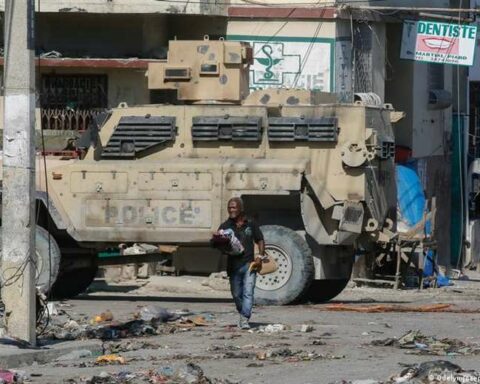October 1, 2022, 7:00 AM
October 1, 2022, 7:00 AM
On Thursday, the Legislative Assembly approved five exploration contracts that the state company Yacimientos Petroliferos Fiscales Bolivianos (YPFB) will sign with international companies.
This is relevant news for the Bolivian economy because the measure will allow breaking a long cycle of inactivity of many years in which no exploration work was carried out on new fields, which is why hydrocarbon production is in a vertical fall in the country, to the point that it is not even possible to comply 100 percent with the contractual export volumes agreed with Argentina and Brazil.
The Ministry of Hydrocarbons reported that the investment for the contracts will reach US$582.2 million and that the expectation is to generate income, following projections, of some US$1,700 million.
The selected companies that will invest in Bolivia in exploration and exploitation are Canacol Energy Colombia and Vintage Petroleum, which will focus on the search for natural gas and condensate.
The companies will operate in traditional areas, such as Ova, Florida Este, Carandaiti, Sayurenda and Yuarenda. That is, three are in Santa Cruz, one between Chuquisaca and Tarija, and another in Tarija.
From the little that is still known about these projects, they would be relatively small structures that were approved in this way because the country urgently needs to recover production volumes and there is hope of achieving relatively immediate results.
Perhaps it was also unlikely to have large contracts for even larger projects because the Bolivian conditions for the arrival of new investments are inauspicious, due to the hostility of the political discourse of the ruling Movement for Socialism, which, far from being interesting, only manages to scare away investors.
There is also Bolivian legal insecurity, with a justice system that has completely lost its reason for being and will continue to do so as long as it continues to be an operational arm of political power, without independence or credibility.
It must be very difficult for the Hydrocarbons portfolio to persuade potential interested parties to carry out gas exploration and exploitation work in the country. So, under these conditions, it is remarkable that this first step is now being taken, even on small scales, to break the curse of the cycle of gas consumption without replenishment of reserves. I hope so.
Bolivia has reached levels of gas production that exceed 60 million cubic meters of natural gas per day. However, last August production reached only 42.06 million cubic meters.
Also these days the Government has decided to prohibit national industries from using natural gas to generate electricity, and allocate those volumes to export to try to reach the quotas committed to with Brazil and Argentina. This data also reveals that the gas is running out.
The gas cycle is in permanent decline. Bolivia obtained millionaire income in the golden years in which it took advantage of the production of projects that began in the era of the so-called ‘neoliberal’ governments, but very little benefit remained in the country. At some point we will have to ask and answer what was done with the money generated by this natural resource.








